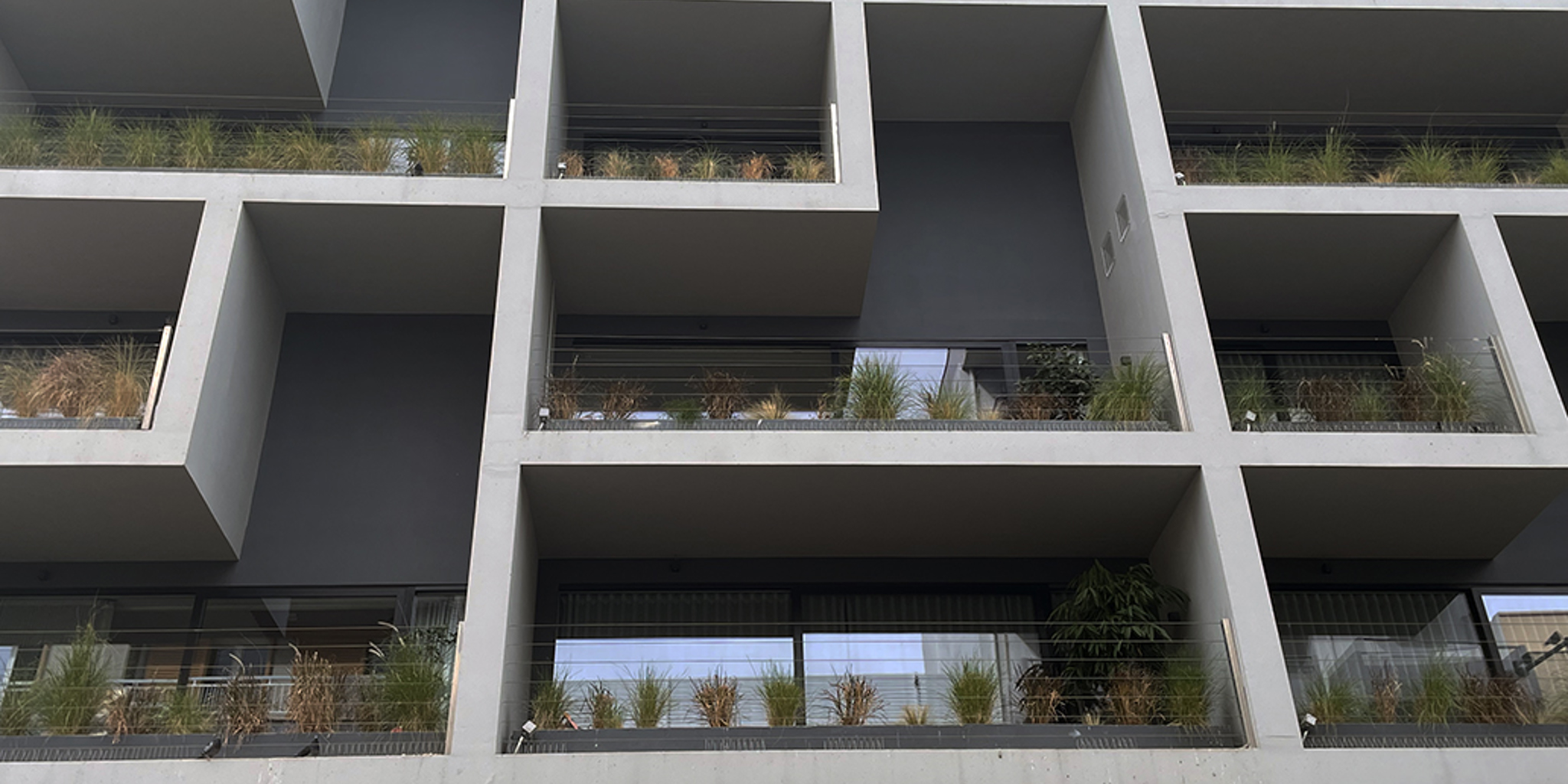The dynamics of the residential real estate market in 2023 and the first months of 2024 are reflected both in the Golden Visa data and in other indicators. In particular, in the first quarter of 2024, net foreign direct investments in Greece (data from the Bank of Greece) for the real estate market recorded a positive annual rate of change (4.6%) and amounted to 520 million euros, compared to 497 million euros the corresponding period of 2023.
The upward trend in prices continued during the first quarter of 2024 with high annual growth rates. More specifically, according to the assessment data collected by the credit institutions, in the first quarter of 2024 the nominal prices of the apartments were increased on an annual basis by 10.4% (provisional data), while for the whole of 2023, based on In the revised figures, apartment prices rose significantly, at an average annual rate of 13.8%, although quarter-on-quarter, despite strong annual growth rates, there has been a slowdown over the past four quarters.
It is worth noting that house prices are only 4.1% lower than the historical high recorded before the financial crisis (Q3 2008), while compared to the lowest price recorded in Q3 2017 prices are up 66.4%.
Historically, in the first quarter of 2024 there is a slightly higher growth rate in new apartments (up to 5 years old) of 10.8% compared to that of old apartments (10.1%), while based on the revised figures for 2023 a stronger growth rate was recorded in the old apartments compared to the new ones (14.5% and 12.7% respectively).
By geographical region, in the first quarter of 2024 the region of Thessaloniki and, as a whole, the other regions of the country record stronger annual growth rates than the average annual rate for the whole of Greece (12.2% and 12.1% respectively ), while the other large cities recorded an average annual rate marginally at the same levels as the country as a whole (10.3%).
The apartment price index in the Athens area registered a significantly lower annual growth rate than the average annual rate nationwide (9.4%), but its level exceeded the historical high of the second quarter of 2008.
However, broader geopolitical instability, increased inflation and high construction costs, combined with deteriorating household purchasing power and limited bank lending, are significant factors of uncertainty.
Also, ongoing changes in legislation and taxation are estimated to be negatively impacting investment and construction activity, at a time when demand is not being met by supply and values, especially of housing, are increasing at significantly higher rates than the disposable income of households.
The recent interventions aimed at limiting the investment demand for residential properties in first home areas (short-term leases, Golden Visa) are considered to be moving in the right direction, but further measures are deemed necessary to facilitate and strengthen the supply of affordable housing.















